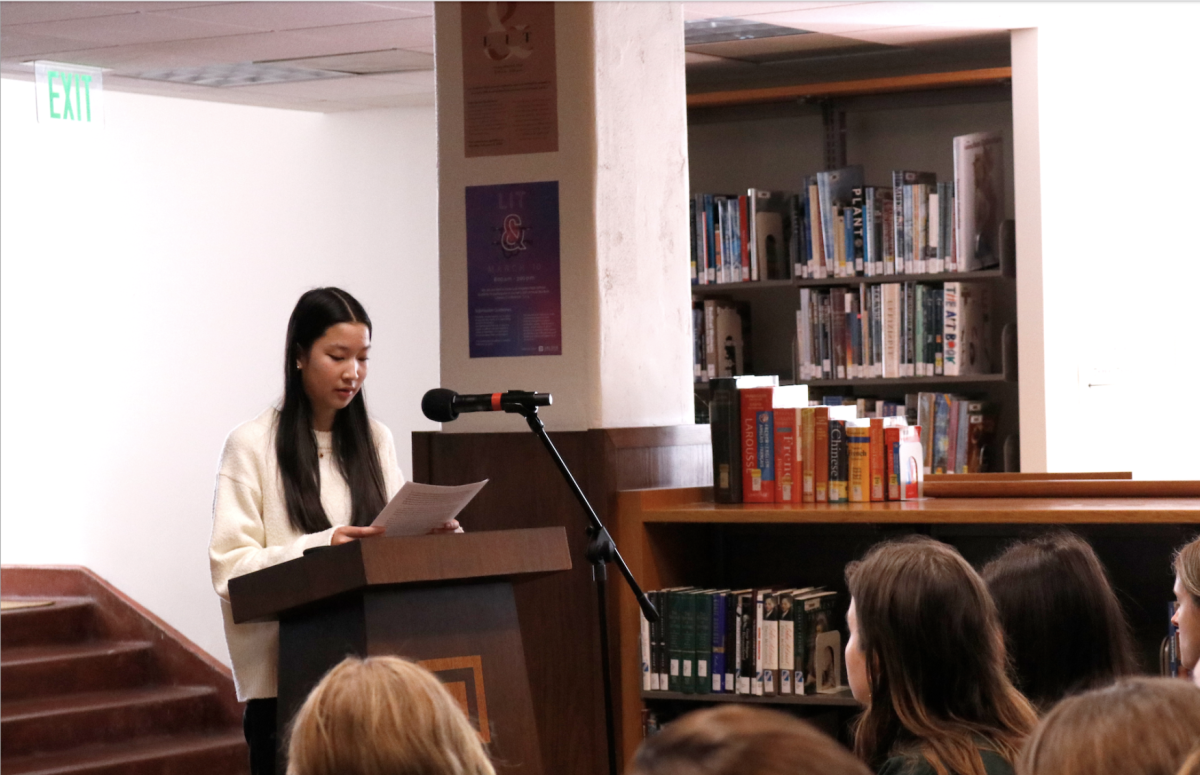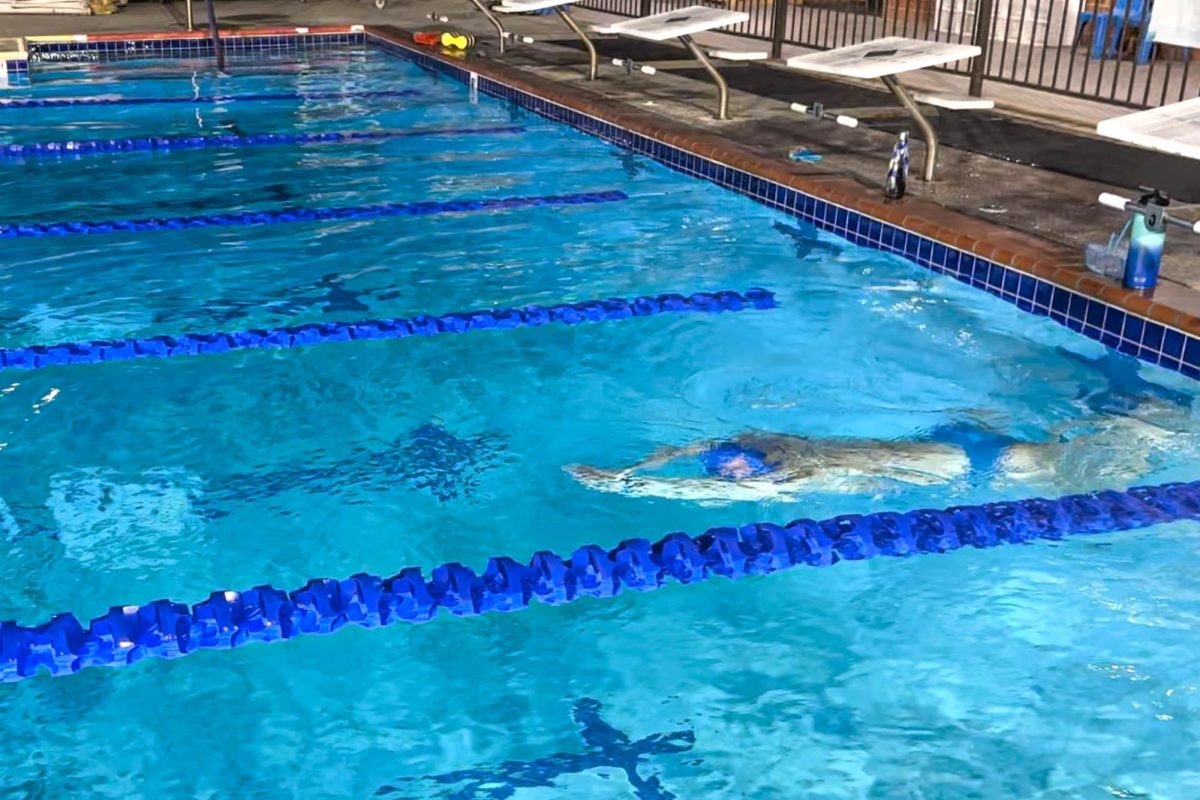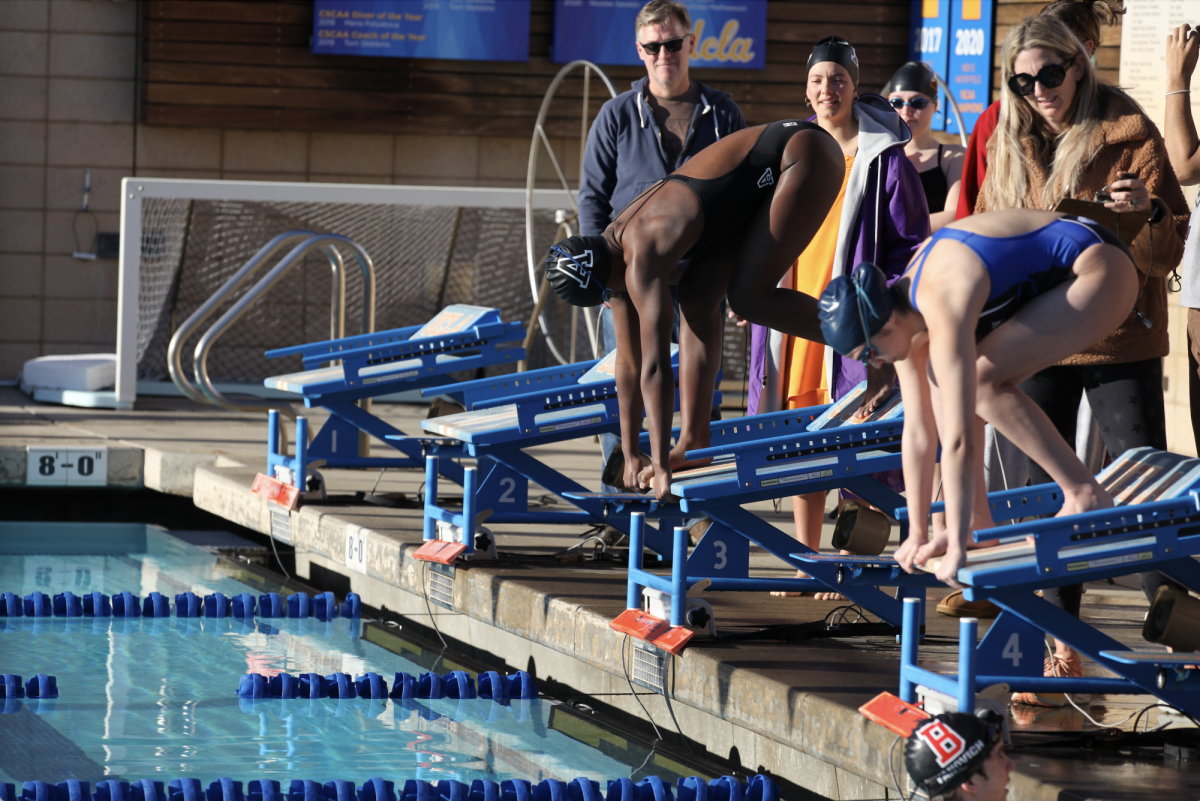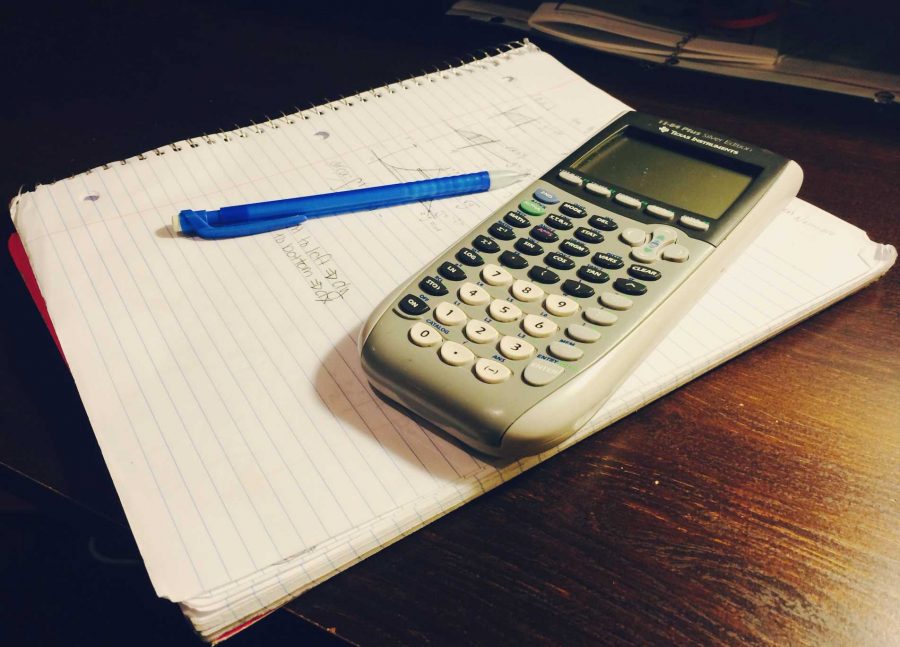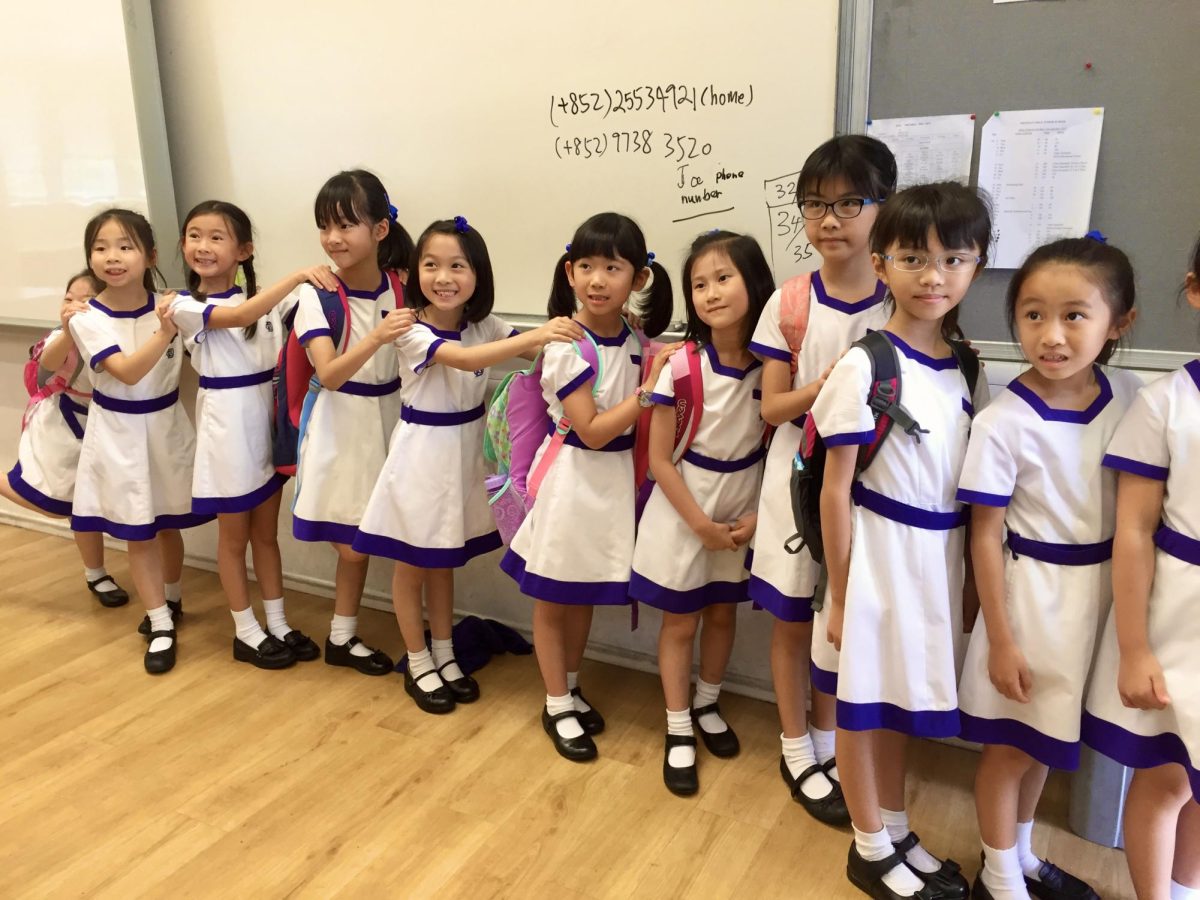The University of Chicago School of Mathematics developed a new scientific model to teach mathematics in public schools. The name of the project is “Everyday Mathematics.” Currently, over 220,000 public institutions have implemented this system.
The “Everyday Math” approach entails a normal K – 6 curriculum with certain alterations. It promotes pedagogical principles, emphasizing the usage of technology, like calculators, real-life applications for problem solving and math games.
According to the website, the purpose of the program is to help children “build a strong mathematical foundation in their elementary educational years.”
“Everyday Mathematics is open-ended enough that as an educator I am able to identify a child’s mathematical strengths as well as nurture their areas of opportunity,” says Lisa W, a 3rd grade teacher in Illinois.
Outlined below are four reasons why the “Everyday Math” method should be introduced to students at a young age:
1. It exposes young learners to mathematical forms of technology. As an increasingly advanced digital age, students should be accustomed to the functions of calculators in order to pursue more complex mathematical concepts in later years.
2. It tends to all lengths of learning styles. According to a study conducted by the University of Leicester, “if you do not know the best way to process information according to your learning style, you will not retain the information as well as you otherwise should.” Giving students options to visual, auditory, and tactile learning allows them to identify their strengths for the future.
3. It enforces repetition. The “Everyday Math” Method, as indicated by its name, has students devote 5-10 minutes out of their day to practice mental calculating (the level of difficulty varies with age). This simple practice will greatly improve students’ mental math which will prove beneficial when faced with calculator-inactive tests.
4. Although the curriculum includes math games, they do not entail competition. They allow kids to stay engaged by using an activity they enjoy while fusing it with learning objectives.
The program is growing rapidly, and as more teachers become accustomed to its services, perhaps this educational revolution will truly take shape.
Featured Image: The necessary tools to tackle complex math problems. Photographer: Yasmeen Namazie ’15




![Freshman Milan Earl and sophomore Lucy Kaplan sit with their grandparents at Archer’s annual Grandparents and Special Friends Day Friday, March 15. The event took place over three 75-minute sessions. “[I hope my grandparents] gain an understanding about what I do, Kaplan said, because I know they ask a lot of questions and can sort of see what I do in school and what the experience is like to be here.](https://archeroracle.org/wp-content/uploads/2024/03/grandparents-day-option-2-1200x800.jpg)
